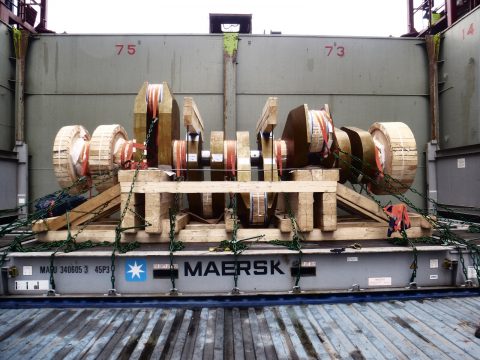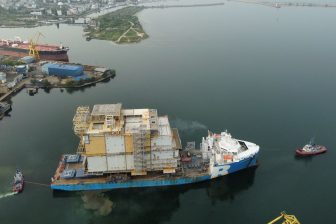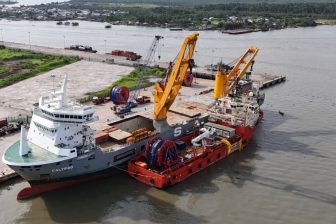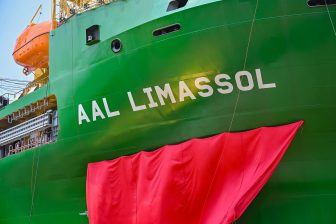
Container crunch causes Maersk’s profit to soar
A.P. Møller-Maersk did particularly well in the last three months of 2020 thanks to companies restocking. This led to such a high demand for transport services that global distribution chains are experiencing container shortages. As a result, Maersk was able to negotiate higher prices, which led to an 85 per cent increase in profits.
In the fourth quarter, the Danish group recorded a turnover of USD 11.3 billion, which is sixteen per cent more than in the same period of 2019. Profits also rose by leaps and bounds. For example, earnings before interest, taxes and depreciation rose by 85 per cent to a record level of USD 2.7 billion.
Global logistics chains are suffering from the fact that Western countries are importing much more than they are exporting due to the corona crisis. As a result, containers and ships from China go to Europe and the United States en masse but then return only sparsely.
Little cargo on passenger planes
In addition to this imbalance, the demand for maritime transport services is also rising because many flights have been cancelled due to travel restrictions. Normally, passenger planes also carry cargo in their hold, but much of that capacity has been discontinued.
For Maersk, the scarcity is not all good news. It also creates bottlenecks in the company’s own operations, because suitable equipment cannot be obtained in time. This also drives up the costs that the company itself incurs.
Effect on breakbulk
Breakbulk carriers also benefitted from the situation as major freight forwarders chartered multipurpose tonnage to replenish their empty container stocks to fulfil their customer’s needs. At the same time, the competition from the container carriers for breakbulk relaxed as the carriers had their hands full with the demand from their core customer base.
Source: ANP/PCJ
You just read one of our premium articles free of charge
Register now to keep reading premium articles.




